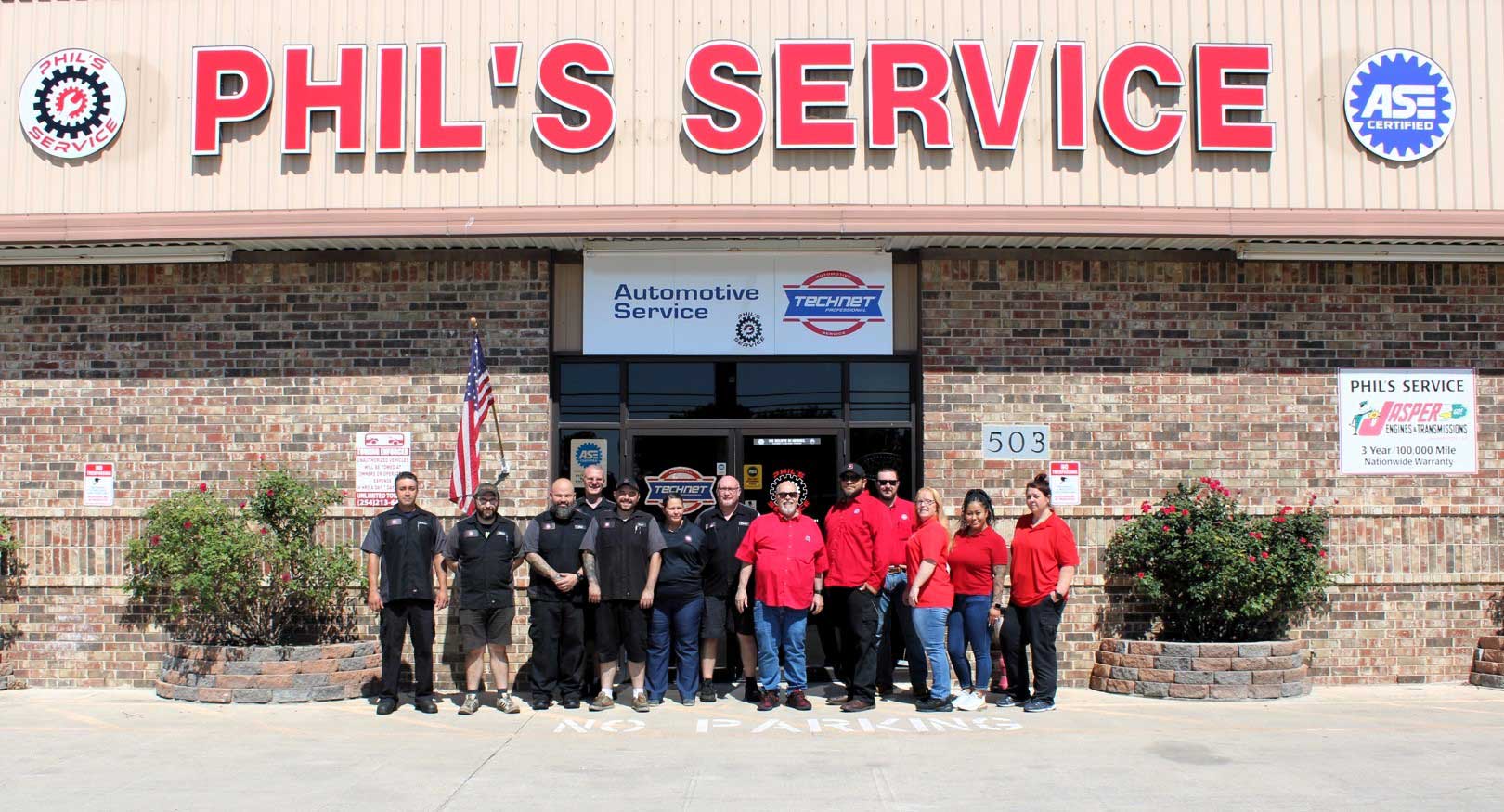Wondering How do you know if your car axle is bad?
Axle bearings are responsible for bearing and supporting the weight of your vehicle. It is found in the center of your car and keeps the wheels spinning as you move forward. Axle bearing failure may be caused by dirt and debris collected under the axle seal or too much pressure from a worn-out seal. How do you know if your car axle is bad? If the axle fails, you will notice a shake or shimmy in your car, and it may drive poorly. In the worst-case scenario, your axle could break. Here are signs of how do you know if your car axle is bad.
1. Grinding
Keep an ear out for grinding sounds while driving over bumps or turning corners. This indicates a problem with your car axle if you hear the grinding sound consistently. The automotive struts may have worn down, or the axle is damaged. This is an early warning sign for a bigger problem, so visit your mechanic if you notice this grinding sound.
2. Grease on the Wheels
A grease on your wheels or between the axle and the wheel indicates a problem. In some cases, grease may just be from an axle seal. But if you notice grease accumulating on your wheels consistently, it could be a sign that your automotive struts have been damaged.
3. A Lurching Feeling
Another sign of how to know if your car axle is bad is a lurching sensation when you're driving. This lurching feeling is your axle losing connection with the wheels on either side. You may feel lurching when turning corners or moving forward and backward.
4. Loose Steering Wheel
If your steering wheel feels loose, this indicates something is wrong with the axle. Locate the steering wheel's center and ensure it's not flexible. If it is, it could mean you have a worn-out axle bearing.
5. Knocking
Listen for a knocking noise whenever you turn a corner or drive over a bump. This is an indication that the axle bearings if failing. You want to inspect your axle immediately because the knocking sounds could indicate the impending failure of the axle ball joints, the automotive Struts, bushings, or the entire axle.
Axle problems can be caused by structural failure or a lack of regular maintenance. Knowing how to check your axle for trouble signs and the signs of axle failure can help you get it checked by a professional before it causes more damage. Visit your mechanic to have a professional inspect the axle and let you know what needs to be fixed.
Wondering how do you know when your car axle is bad? Contact our ASE Certified technicians at Phil’s Service for more information about automotive struts and to schedule an appointment. Our auto shop proudly serves residents in the community of Killeen, TX, and the surrounding area.
Are you wondering how do you know if your car axle is bad? Take care of your automotive struts or car shocks at Phil's Service.
Axle bearings are responsible for bearing and supporting the weight of your vehicle. It is found in the center of your car and keeps the wheels spinning as you move forward. Axle bearing failure may be caused by dirt and debris collected under the axle seal or too much pressure from a worn-out seal. How do you know if your car axle is bad? If the axle fails, you will notice a shake or shimmy in your car, and it may drive poorly. In the worst-case scenario, your axle could break. Here are signs of how do you know if your car axle is bad.
1. Grinding
Keep an ear out for grinding sounds while driving over bumps or turning corners. This indicates a problem with your car axle if you hear the grinding sound consistently. The automotive struts may have worn down, or the axle is damaged. This is an early warning sign for a bigger problem, so visit your mechanic if you notice this grinding sound.
2. Grease on the Wheels
A grease on your wheels or between the axle and the wheel indicates a problem. In some cases, grease may just be from an axle seal. But if you notice grease accumulating on your wheels consistently, it could be a sign that your automotive struts have been damaged.
3. A Lurching Feeling
Another sign of how to know if your car axle is bad is a lurching sensation when you're driving. This lurching feeling is your axle losing connection with the wheels on either side. You may feel lurching when turning corners or moving forward and backward.
4. Loose Steering Wheel
If your steering wheel feels loose, this indicates something is wrong with the axle. Locate the steering wheel's center and ensure it's not flexible. If it is, it could mean you have a worn-out axle bearing.
5. Knocking
Listen for a knocking noise whenever you turn a corner or drive over a bump. This is an indication that the axle bearings if failing. You want to inspect your axle immediately because the knocking sounds could indicate the impending failure of the axle ball joints, the automotive Struts, bushings, or the entire axle.
Axle problems can be caused by structural failure or a lack of regular maintenance. Knowing how to check your axle for trouble signs and the signs of axle failure can help you get it checked by a professional before it causes more damage. Visit your mechanic to have a professional inspect the axle and let you know what needs to be fixed.
Wondering how do you know when your car axle is bad? Contact our ASE Certified technicians at Phil’s Service for more information about automotive struts and to schedule an appointment. Our auto shop proudly serves residents in the community of Killeen, TX, and the surrounding area.


